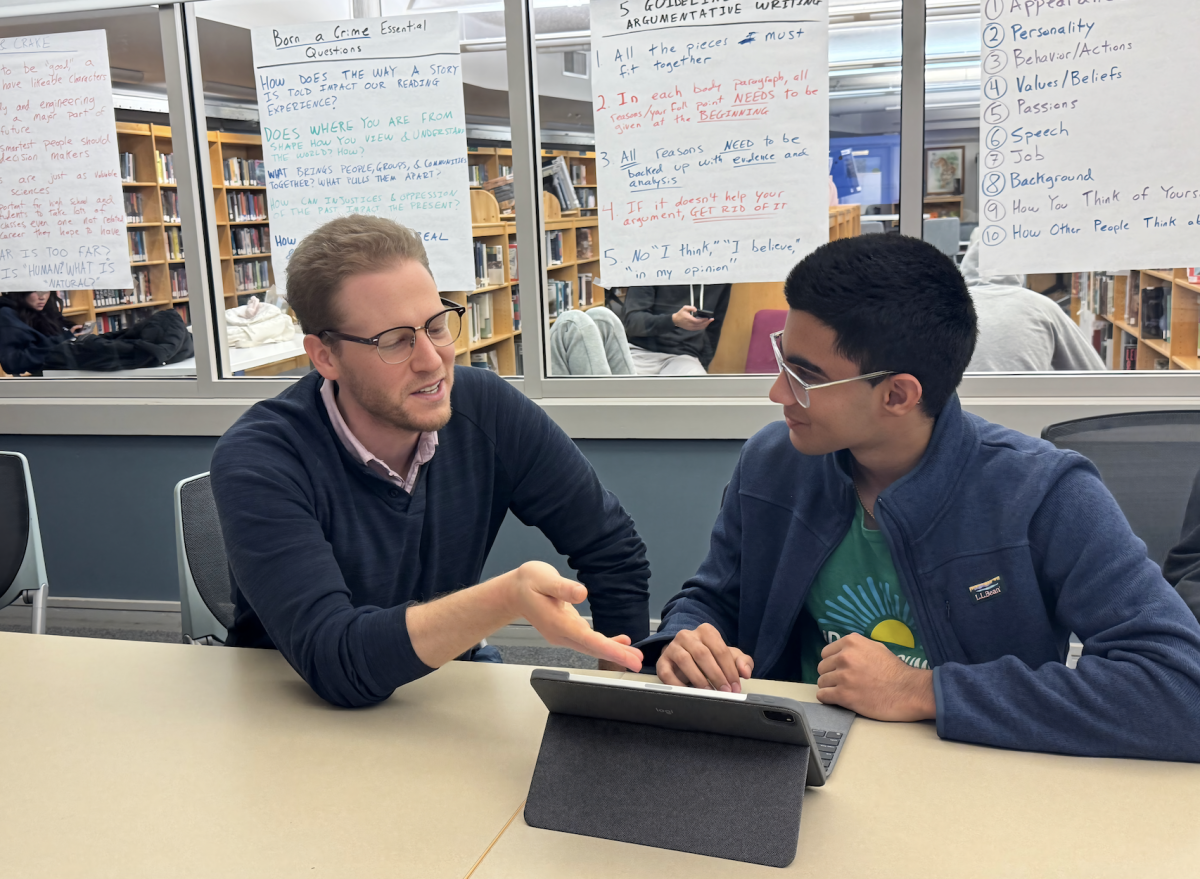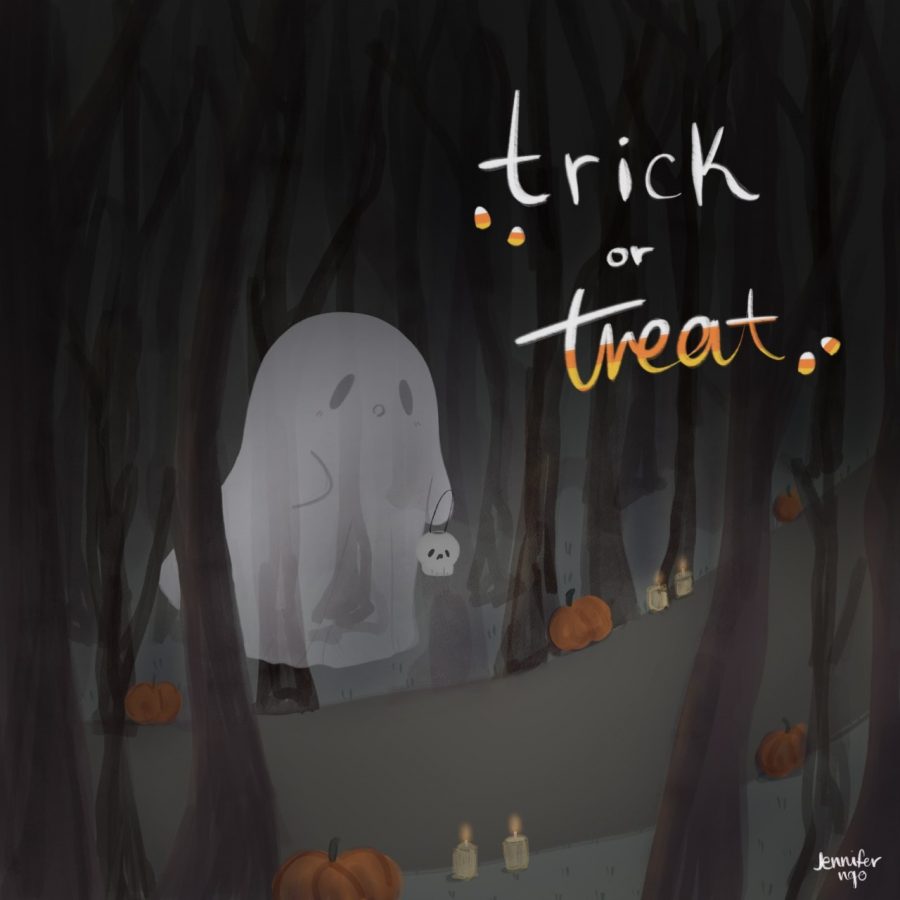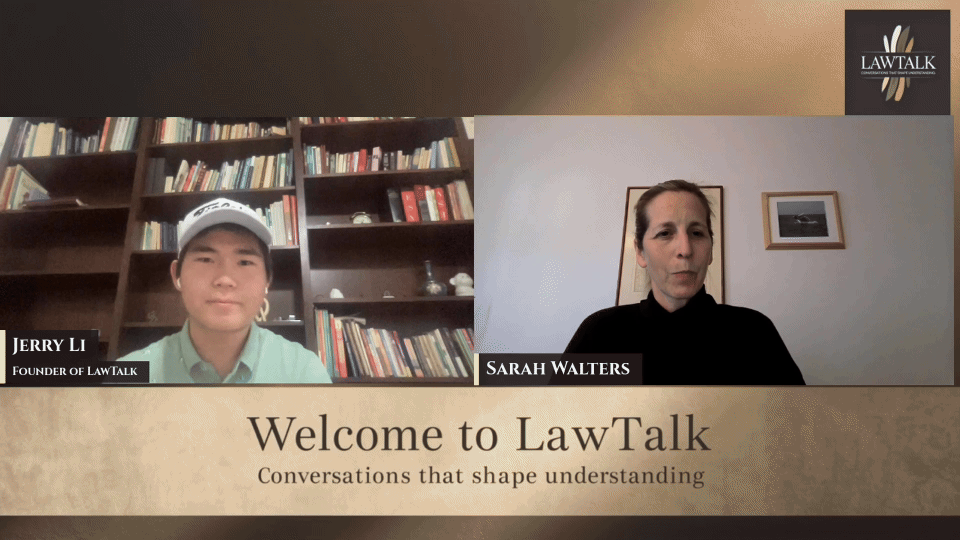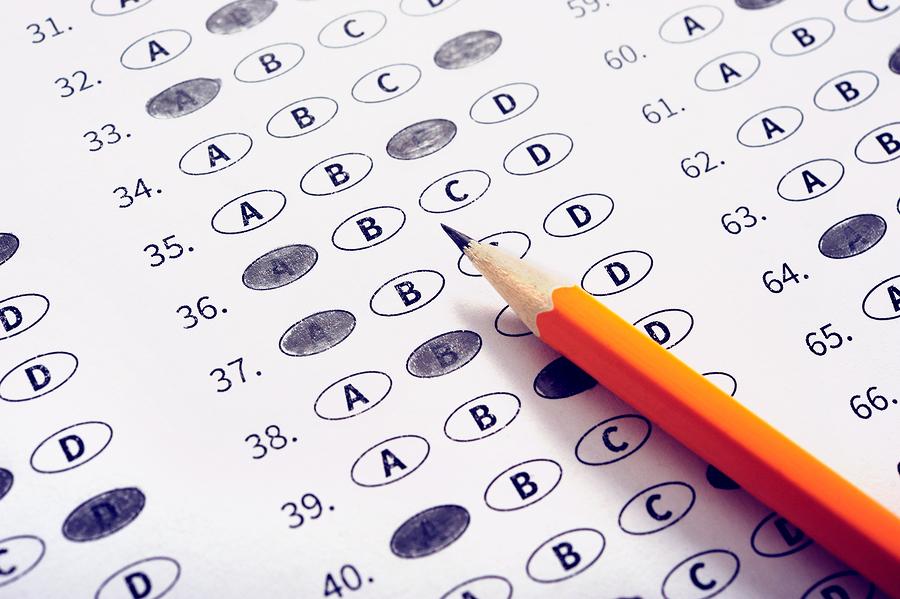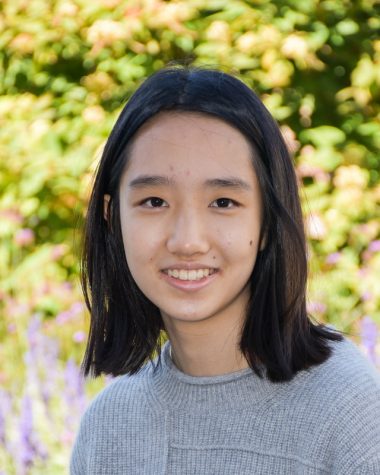Seniors enrolled in AP courses except in math will no longer be required to take the end-of-year exam, Upper School Head Joshua Neudel announced in an Oct. 16 email.
“As Brimmer moves forward with this policy, we want to reiterate that there will be no shift in the rigorous nature of these courses,” Neudel said in his email. “Teachers will continue to work towards covering the entire AP curriculum during the school year and utilize class time to help students prepare for the exam.”
Bharath Palanisamy ’24, who is currently enrolled in AP English Literature, AP Statistics and AP Environmental Science, is planning to major in computer science or other STEM-related fields.
“I’m not going to take the exam for AP Literature and AP Environmental Science because the major I’m planning to do in college is not going to involve either fieldstone,” Palanisamy said. “Even if you get a high AP score, you won’t be able to skip a course. I just didn’t see much need to sit for all of them.”
Palanisamy still plans to take the AP Statistics exam, which is mandatory.
“There’s a lot of stress toward the end of the year in cramming for the exam,” Palanisamy said. “Since it’s my senior year, I thought it would be kind of nice to relax and chill at the end of the year.”
Maya Lownie agrees, and she does plan to take the AP English Literature Exam.
“I think it’s a good policy,” Lownie said. “I think it’s very relevant to senior situations, as we apply to college.”
According to AP English Literature Teacher Kenley Smith, the focus is now less on earning college credits and more on preparing students for college admissions and the demands of higher education.
“APs are more about the transcript and getting into college,” Smith said. “This shift is particularly impactful for seniors, who traditionally saw AP courses as a means to gain college credits. More and more colleges are choosing to not do that—they want you to take their freshman classes.”
The AP English Literature class has shifted its focus to more closely resemble a college-level seminar, emphasizing college preparation, Smith said. The course itself is known for an elevated workload, more complex texts, and higher expectations.
“Particularly where book selection is crucial, there is an element of uncertainty regarding whether the chosen books will be directly useful for the exam,” Smith said.
AP Environmental Science Teacher Cecelia Pan also supports giving students options about taking the exam.
“Some colleges only take a score of four or five, so why take the exam if you don’t have the time and energy to prepare?,” Pan said. “It gives kids more flexibility. You can take the ones you think are important, It’s stressful to prepare for four exams in the course of two weeks. This year is an experiment and we’ll see how it goes in the spring.”
Raymond Baez 24’ is taking AP Microeconomics, AP Mandarin, AP Environmental Science, though he only plans to sit for one of the exams.
“I’m planning to major in business in college,” Baez said. “So, AP Economics is important to me.”
Peter Mou ‘24 is currently enrolled in AP Statistics and AP English Language.
However, he has opted to take only the math exam, citing the time-consuming nature of reading and writing tasks in the English course. However, Baden Howard ‘24 plans to take exams for all his AP classes: Microeconomics, Environmental Science and English Literature.
“I don’t see any reason not to,” Howard said. “I think even if I’m not too serious about the class, it’s a nice opportunity to use what I learned throughout the year. I’m taking the AP class for a reason. It helps me to acquire new skills for college.”

